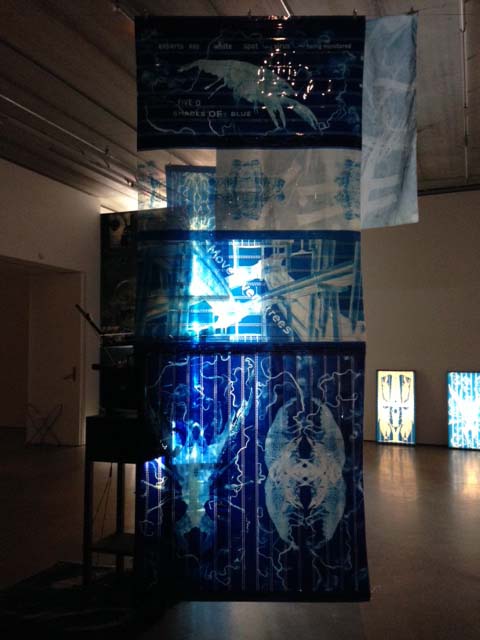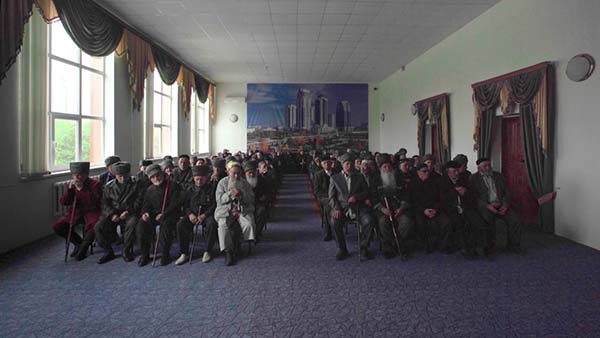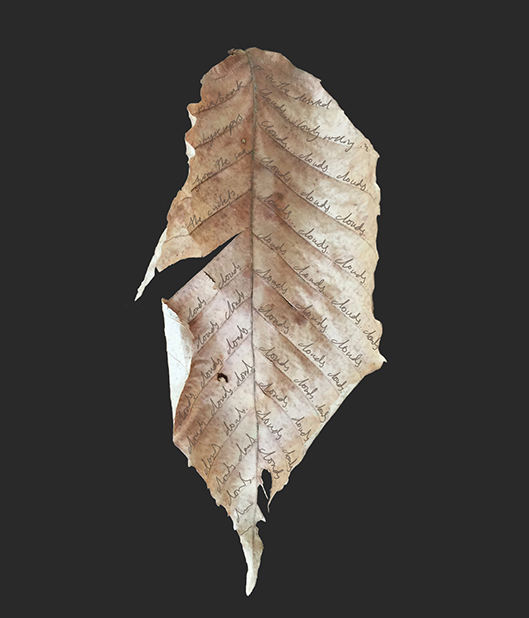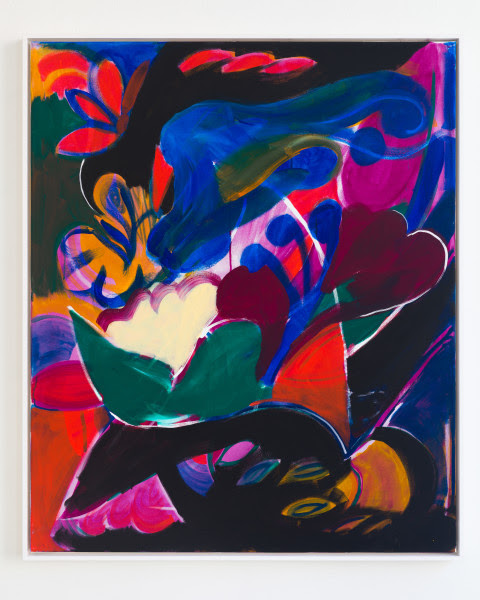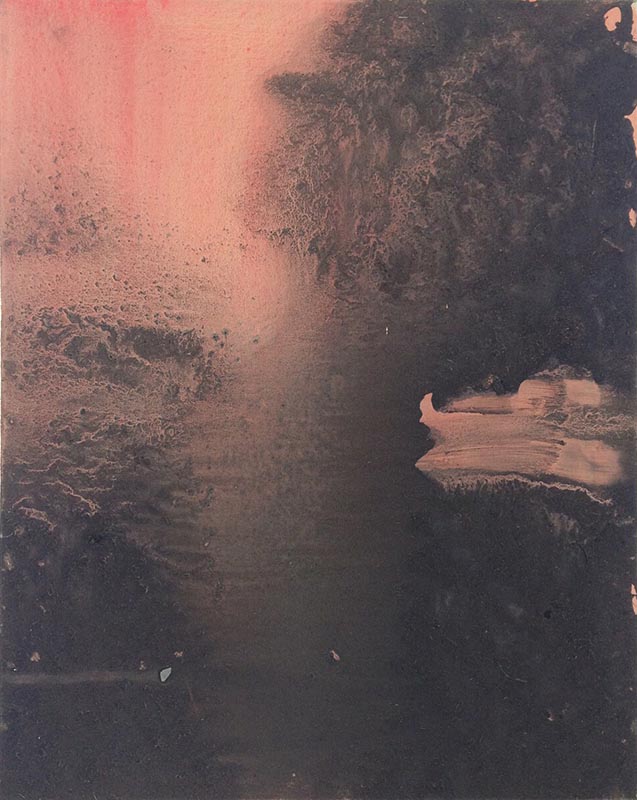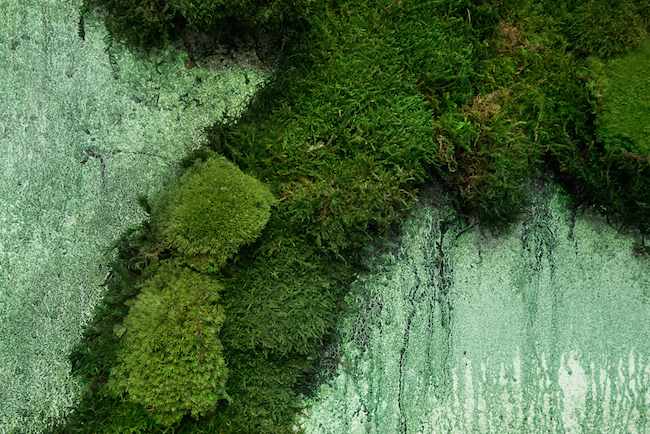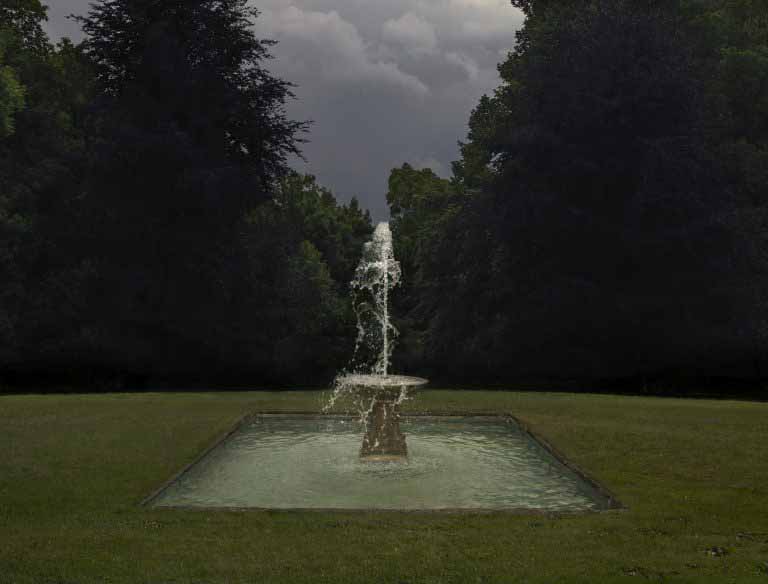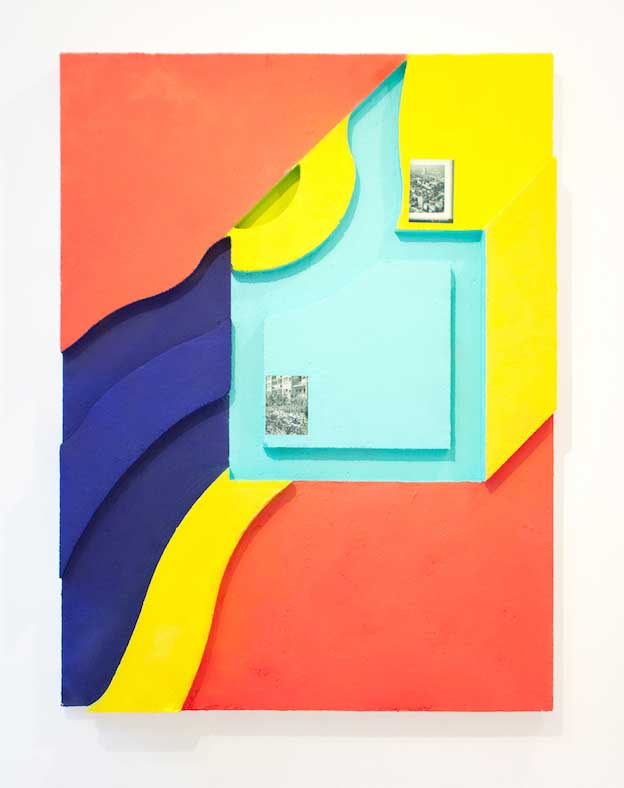Micro chapters that can stand alone or be read in a linear fashion, Lily Hoang’s The Evolutionary Revolution is a book of sly stepping stones, stepping away from the world as it is now. The world as it is now is assumed by many to be out of our hands, something unstable, something that both affects us yet is not within our reach to fix or improve at moments of strife or general concern. Hoang’s chapters have grandiose names such as “The Imperial Council,” “Man Emerging” and “How the Sea Became Salty,” for the times beg for at least grounded, surefooted beginnings—even if many find themselves wading in obscurity after a story unfolds. Hoang creates lush yet monstrous, hybridized versions of humanity disguised as imaginative fables, somewhere between the familiar and unrecognizable. They are lovely, weirdly knowledgeable in their goal to un-educate (i.e. perhaps, one needs to un-teach the self before the self is capable of learning) the reader regarding treatment for any sanctioned story’s future.
There are so many possibilities in The Evolutionary Revolution—choices that provide the reader with adventurous scenarios, concocting piece by piece a sense of renewal and strength upon finishing the text. Hoang brands complex, coiled fable into memory with ease:
Of course, back then, man lived underwater with all the other species of human, and because water was translucent and the sun’s brightness never waned, every dream was a daydream, bright with anticipation and hope. It must have been the sunlight that tainted their dreams, giving their tree, their meeting place, a golden hue, and it must have been all that vivid light that made these men at this very first meeting decide that man should no longer live with other humans, that man should take to the atmosphere, and at night, to hide from the luminous brilliance of the sun, man should harvest a home on the moon.
One can see how addictive these scenes can become. With each chapter, it becomes easier to locate at least one line that is like nectar to an anxious hummingbird, instructive and wise (“There is no hero, no savior”). Phrases like “Back then” and investigations into what “man” used to be and no longer is prevail. This subject matter never ceases to be of interest to those searching for what they truly are made of—especially in times when despite being flooded with catchy technological trends, remnants of pseudo-knowledge and emerging wikipedias galore, there are still so many heavy questions left unanswered regarding human nature and the origin of the species.
Hoang’s text refers to a timeless epoch that is both ours and not ours simultaneously—one where many are more obviously influenced by moral storytelling, twisted fable, myth handed down generation to generation. Hoang hypnotizes, deliberately repeating introductory phrases, such as “A long time ago…” or “It is said…” or “At the end of this winding road…” or “The truth is…” or “Back before…” or “One of those early days…” or “At this point in time…” or “There was a time…”. It is difficult to avoid feeling that a poignant conclusion should be reached at the end of each chapter, yet oftentimes, Hoang ends chapters magically, abruptly—as if fairy dust was an intrinsic part of this readerly equation.
This ineffable energy that Hoang illuminates can also be found in current film and music, as well as in other more classic samples of literature and art. For instance, consider accessible works such as Pablo Picasso’s La joie de vivre (1946) or Marc Chagall’s Der Spaziergang (1917). Humanity has an ongoing rapport with bliss, illusion and auspicious escapism. A more modern version of this fixation is present in Jay-Z’s hit “Young Forever”:
So we livin’ life like a video /
Where the sun is always out and you never get old /
And the champagne is always cold /
And the music is always good /
And the pretty girls just happen to stop by in the hood /
Jay-Z and Lily Hoang both have a talent for fabricating thriving metaphors for this life force. Both share hopes of basking in an eternal sun, yet these euphorias are most rooted in the examined life. Perhaps, only the examined life has the capacity to be recognized as phenomenal or “bright with anticipation and hope.” The world’s foundation is made of daydreams, and what a shame it would be to deny the art and literature of today the right to feel uplifted. Hoang explains,
Unlike storytellers, who had a utilitarian function, poets weren’t very useful. It was the poets’ duty, their task and purpose, to retain the stories of the past in the various cavities of their bodies. Poets were created with many empty sacs. Rather than real livers or lungs, they survived on the memory of these organs. Their bodies were essentially empty pockets, a hollow skeleton holding up skin.
It can be argued that it is the poet’s role and inclination to preserve and protect stories such as these produced in The Evolutionary Revolution. The poet is most equipped to build a palace from nothing but memory alone.To see the review in context, click here.
